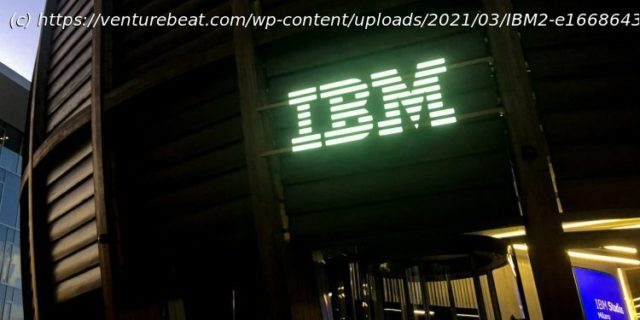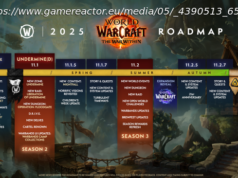IBM is now using generative AI large language models (LLMs) to help bring COBOL applications into the modern era.
COBOL is not a language often mentioned as a leading programming development one, at least not in 2023. That wasn’t always the case. COBOL, which debuted in 1959, was a leading language in the earliest era of computing and there are still billions of lines of COBOL code running production applications today.
Today, IBM announced a new initiative that uses the power of generative AI large language models (LLMs) to help bring COBOL applications into the modern era. Among the place that COBOL code continues to run is on IBM System Z (commonly just referred to a ‘Z’) mainframes.
The new watsonx code assistant for Z service makes use of IBM’s watsonx LLMs for code development to help migrate COBOL application to more modern Java application code. By modernizing applications incrementally on the mainframe using gen AI, IBM aims to help clients tackle talent gaps and take advantage of Java skills while reducing risk.
IBM first detailed its watsonx product platform in May during its Think conference as an effort to build out a series of foundation models for AI, designed for enterprise use cases.
“We’re really seeing the use of generative AI for code assistance becoming a key use case and emerging market trends,” Skyla Loomis, VP for IBM Z Software, said during a press briefing. “Generative AI can help developers to more quickly assess, update and test the right code.”Why updating COBOL is critical
A key challenge with COBOL code is that there is a shrinking base of developers that actually know how to maintain it.
Home
United States
USA — software IBM taps watsonx generative AI to help modernize COBOL on mainframes






